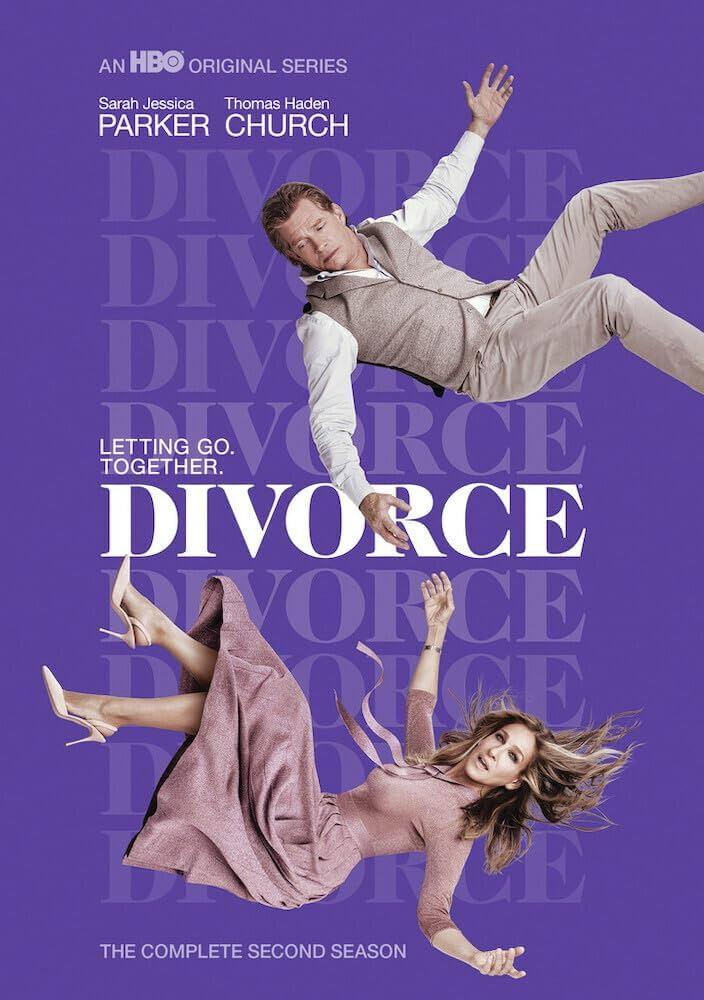Kevin Durant opened up about his views on marriage in a recent interview, revealing why the institution doesn’t hold much appeal for him. The NBA star described divorce as a more realistic outcome than lifelong commitment, shedding light on his personal perspective amid changing social attitudes toward marriage. Durant’s candid remarks offer a rare glimpse into his private beliefs and spark conversation about the evolving views on relationships among high-profile athletes.
Kevin Durant Discusses His Perspective on Marriage and Commitment
Kevin Durant opened up about his unconventional views on marriage during a recent interview, emphasizing why the traditional institution holds little appeal for him. He highlighted how, in his experience and observation, marriage often sets people up for inevitable disappointment. Durant stated that the reality of divorce rates today paints a more realistic picture than the idealized version of marital bliss many aspire to.
He further broke down his perspective by pointing out a few key reasons why he remains hesitant:
- Commitment pressure: The expectation to conform to societal norms feels restrictive.
- Changing dynamics: Relationships evolve, and legal bindings don’t always account for personal growth.
- Focus on freedom: Prioritizing personal goals and mental space over traditional commitments.
| Aspect | Durant’s Viewpoint |
|---|---|
| Marriage | A societal expectation, not a necessity. |
| Divorce Rates | Reflect a more pragmatic outlook. |
| Personal Freedom | Paramount over traditional commitments. |
Why Divorce Shapes Durant’s Views on Long-Term Relationships
Kevin Durant’s perspective on marriage is deeply influenced by his observations and experiences surrounding divorce. He views divorce not as a failure but as a pragmatic reality that many couples face, making the traditional notion of lifelong marriage less appealing. Instead of idealizing permanence, Durant emphasizes the importance of flexibility and personal growth, understanding that relationships can evolve – or dissolve – without stigma. This pragmatic outlook reflects a broader cultural shift among younger generations who prioritize individual happiness and mental well-being over societal expectations.
Durant’s stance shines a light on the complexities of maintaining long-term relationships in today’s fast-paced world. He highlights several challenges that often go unspoken, such as:
- The pressure to maintain appearances even when foundational cracks appear
- The evolving nature of personal goals and identity over time
- The impact of public scrutiny, especially for high-profile individuals like athletes
By openly discussing these concerns, Durant invites a more honest, less idealistic conversation about modern relationships – one that acknowledges that sometimes, parting ways can be healthier than staying together for the sake of tradition.
| Factor | Impact on Long-Term Relationships |
|---|---|
| Changing Priorities | Individuals often grow in different directions. |
| Public Pressure | Maintaining privacy is challenging for celebrities. |
| Social Expectations | Marriage can feel like an outdated institution. |
Expert Advice on Navigating Modern Relationships Beyond Traditional Marriage
In today’s evolving social landscape, many individuals are reconsidering the traditional framework of marriage, often viewing it as an outdated institution. Kevin Durant’s candid remarks highlight a growing sentiment that marriage, with its legal and emotional complexities, may not align with everyone’s personal values or lifestyle choices. Experts suggest that the modern approach to relationships prioritizes flexibility, emotional honesty, and individual growth over lifelong contractual commitments. This shift is partly fueled by an increased awareness of relationship dynamics and an acceptance of alternative forms of partnerships that do not necessarily culminate in marriage.
Specialists in relationship psychology emphasize the importance of communication and setting clear boundaries within any form of partnership. The modern reality encourages couples to define what works best for them without the pressure of conforming to societal norms. Below are some key factors to consider when navigating contemporary relationships:
- Open Communication: Prioritizing transparency to build trust beyond legal bonds.
- Personal Autonomy: Maintaining individuality within shared connections.
- Flexible Commitment: Crafting agreements that reflect mutual expectations rather than tradition.
- Emotional Intelligence: Recognizing and managing feelings proactively.
| Relationship Aspect | Traditional Marriage | Modern Alternatives |
|---|---|---|
| Commitment Duration | Indefinite, formalized | Defined by partners |
| Legal Entanglements | High | Customizable or none |
| Emotional Expectations | Conventional roles | Individualized roles |
| Social Perception | Widely accepted | Increasingly normalized |
Insights and Conclusions
Kevin Durant’s candid remarks shed light on his personal perspective regarding marriage, reflecting a broader shift in attitudes toward long-term relationships among many public figures today. While his views may spark debate, they underscore the evolving conversation about commitment, realism, and personal fulfillment in modern society. As Durant continues his professional career, his thoughts on marriage add a nuanced dimension to understanding the priorities and challenges faced by athletes beyond the court.














